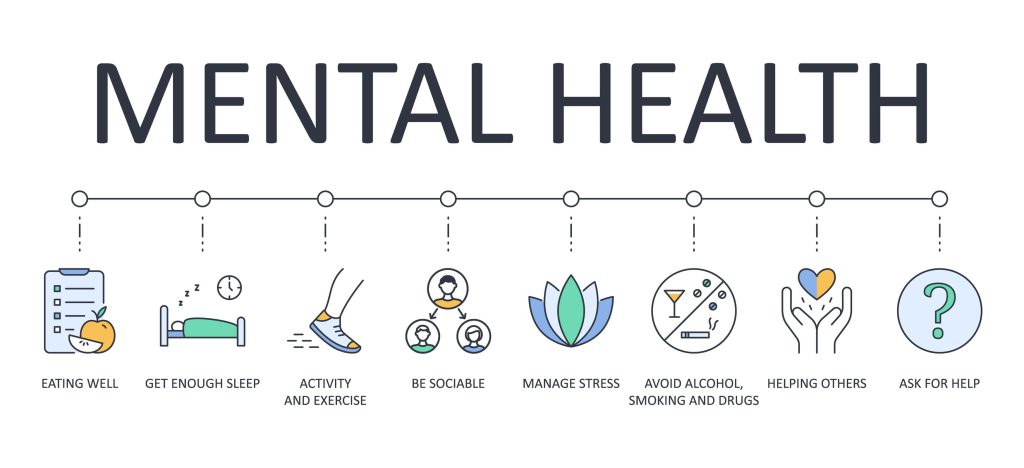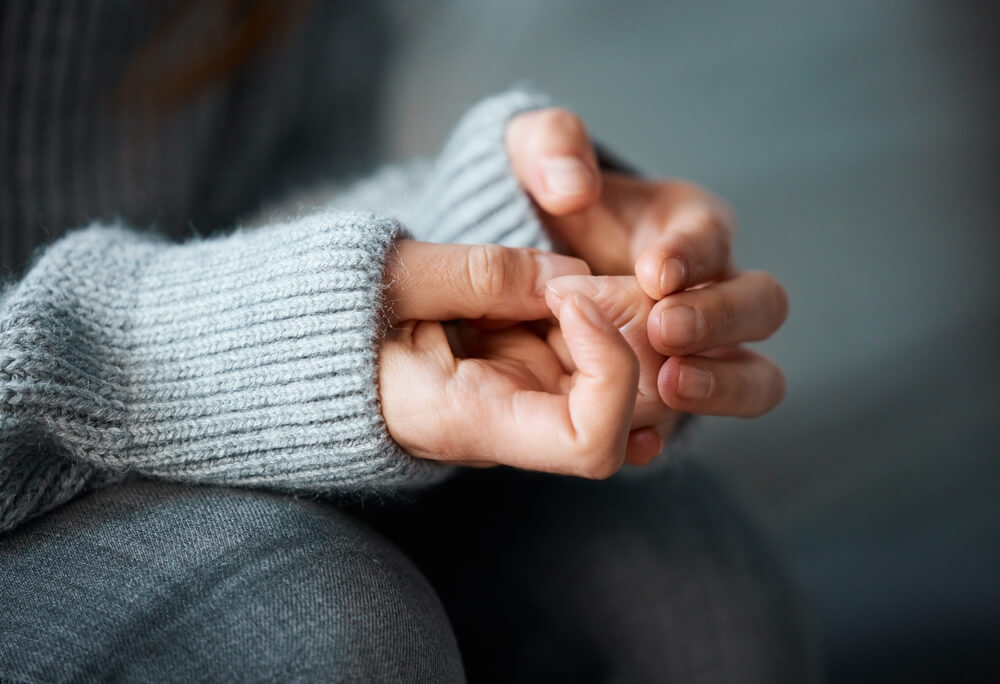Quotes About Emotional Abuse
Emotional abuse 😡 is a way to control another person 🙎by using emotions to criticize, embarrass, shame, blame, or otherwise manipulate another person. 💌 In general, a relationship is emotionally abusive when there is a consistent pattern of abusive words and bullying behaviors that wear down a person’s self-esteem and undermine their mental health. Quotes About Emotional Abuse will inspire you to stop blaming yourself & stop making excuses for the abuse you have gone through. ℹ️
If you think that you are a victim of emotional abuse – call National Dating Abuse Hotline.
Types Of Emotional Abuse
Emotional abuse can involve any of the following:
- Verbal abuse: yelling at you, insulting you, or swearing at you.
- Rejection: Constantly rejecting your thoughts, ideas, and opinions.
- Gaslighting: making you doubt your own feelings and thoughts, and even your sanity, by manipulating the truth. For more information on how gaslighting works, visit the National Domestic Violence Hotline.
- Put-downs: calling you names or telling you that you’re stupid, publicly embarrassing you, blaming you for everything. Public humiliation is also a form of social abuse.
- Causing fear: making you feel afraid, intimidated, or threatened.
- Isolation: limiting your freedom of movement, stopping you from contacting other people (such as friends or family). It may also include stopping you from doing the things you normally do – social activities, sports, school, or work. Isolating someone overlaps with social abuse.
- Financial abuse: controlling or withholding your money, preventing you from working or studying, stealing from you. Financial abuse is another form of domestic violence.
- Bullying and intimidation: purposely and repeatedly saying or doing things that are intended to hurt you.
It is important to understand that there might not be any obvious physical signs of emotional abuse or neglect.
Signs of emotional abuse in adults:
- seem unconfident or lack self-assurance
- struggle to control their emotions
- have difficulty making or maintaining relationships
- act in a way that’s inappropriate for their age.
Signs of emotional abuse in babies and toddlers:
Babies and pre-school children who are being emotionally abused or neglected might:
- be overly affectionate to strangers or people they don’t know well
- seem unconfident, wary, or anxious
- not have a close relationship or bond with their parent
- be aggressive or cruel towards other children or animals.
Signs of emotional abuse in older children:
- use language you wouldn’t expect them to know for their age
- act in a way or know about things you wouldn’t expect them to know for their age
- struggle to control their emotions
- have extreme outbursts
- seem isolated from their parents
- lack social skills
- have few or no friends.

Quotes About Emotional Abuse
If you’re still healing from emotional abuse, quotes about emotional abuse can inspire you to stop blaming yourself, see something you hadn’t seen before and stop making excuses for the abuse you have gone through.
“Poisonous relationships can alter our perception. You can spend many years thinking you’re worthless… but you’re not worthless; you’re unappreciated”
Steve Maraboli
“Most people inevitably get treated the way they permit themselves to be treated. If you allow someone to treat you like you’re worthless, then they will. Respect yourself enough not to put up with being mistreated.”
Author Is Unknown
“The greater the power, the more dangerous the abuse.”
Edmund Burke
“Abuse if you slight it, will gradually die away; but if you show yourself irritated, you will be thought to have deserved it.”
Publius Cornelius Tacitus
“You survived the abuse, you’re going to survive the recovery.”
Mariska Hargitay
“The Scriptures have been misused to defend bloody crusades and inquisitions; to support slavery, apartheid, and segregation; to sanction the physical and emotional abuse of women and children; to persecute Jews and other non-Christian people of faith; to support the holocaust of Hitler’s Third Reich; to oppose medical science; to condemn inter-racial marriage; to execute women as witches; to excuse the violent racism of the Ku Klux Klan; to mobilize militias, white supremacy, and neo-nazi movements; and to condone intolerance and discrimination against sexual minorities”
Mel White
“The results of any traumatic experience, such as abuse, can only be resolved by experiencing, articulating, and judging every facet of the original experience within a process of careful therapeutic disclosure.”
Alice Miller
“I think we start suffering as soon as we come out of the womb. I think that people tend to stereotype. When they think of suffering, they think of abuse – physical abuse, emotional abuse, poverty, that kind of thing. There are different levels of suffering. I don’t think that it has to do with how much money you have – if you were raised in the ghetto or the Hamptons. For me, it’s more about perception: self-perception and how you perceive the world.”
Lucinda Williams



If you feel you may be in an emotionally abusive relationship, you can do a number of things to get support. It’s important to know that if you’ve been affected by emotional abuse, it’s not your fault and it’s never acceptable. You have the right to feel safe, respected, and supported in your relationships.
- Break the Cycle: Supporting young people between 12 and 24 to build healthy relationships and create an abuse-free culture.
- DomesticShelters.org: Educational information, hotline, and searchable database of services in your area.
- Love Is Respect (National Dating Abuse Hotline): Giving teens and young adults a chance to chat online, call, or text with advocates.
Published: July 14, 2022
Last Updated: August 22, 2022

Published: February 20, 2026
IOP Program for Depression
Summary: Depression is one of the most common mental health conditions in the United States, affecting an estimated 21 million adults each year. It causes persistent changes in mood, energy, motivation, sleep, and concentration that interfere with daily functioning, work, and relationships. IOP program for depression provides structured, evidence-based treatment — including individual therapy, group […]
Read more
Published: February 05, 2026
Intensive Outpatient Program for Anxiety
Summary: Anxiety disorders are the most common mental health conditions in the United States, affecting an estimated 40 million adults each year according to the National Institute of Mental Health. While temporary anxiety is a normal response to stress, anxiety disorders involve persistent, excessive worry and fear that interfere with daily functioning, relationships, and quality […]
Read more
Published: January 26, 2026
OCD vs. Autism: Understanding the Differences
Obsessive-compulsive disorder (OCD) and autism spectrum disorder (ASD) are often confused with one another. Both can involve repetitive behaviors, rigid routines, sensory sensitivities, and distress when things feel “off.” From the outside, the overlap can look striking. But in clinical treatment, the why behind those behaviors matters just as much as the behaviors themselves. At […]
Read more
